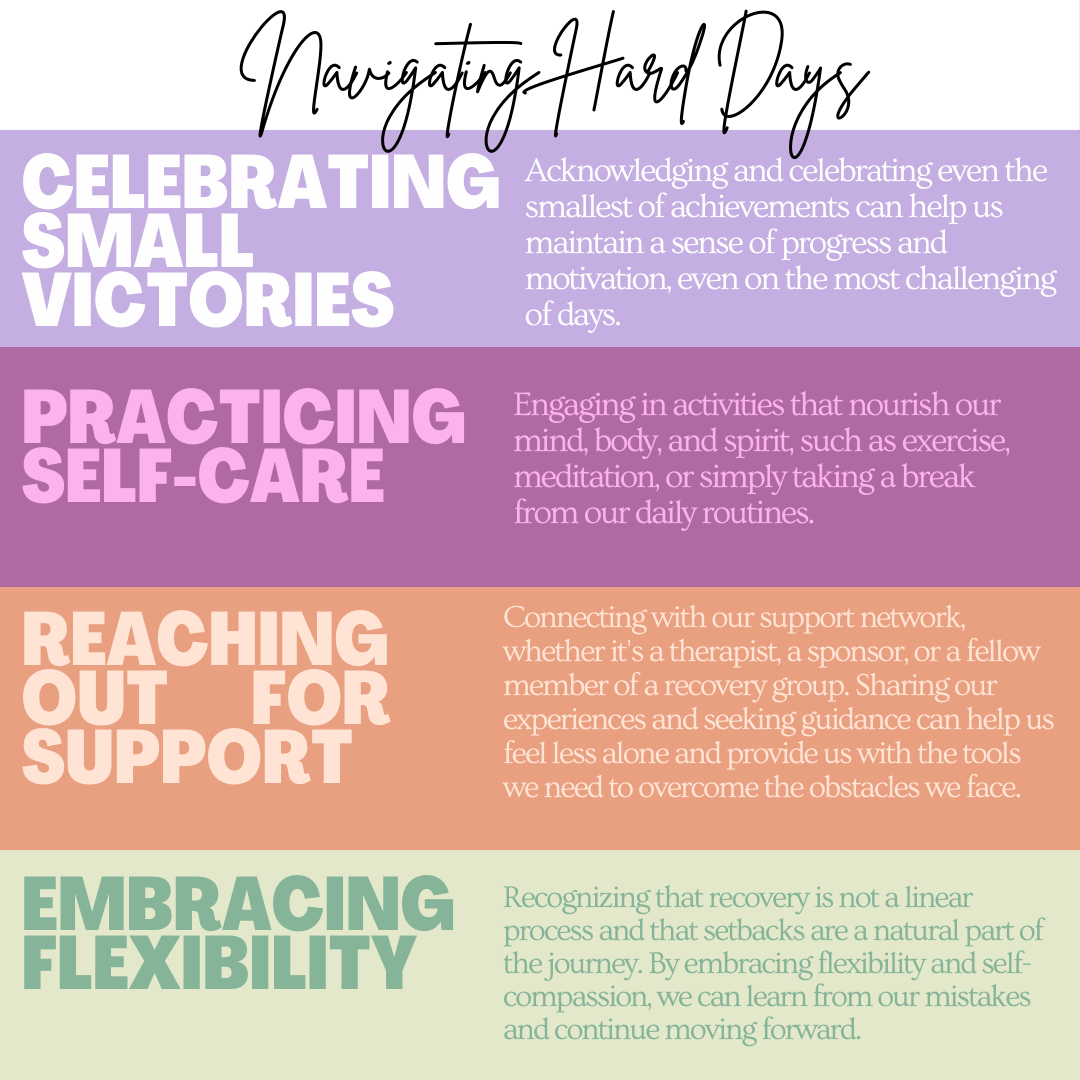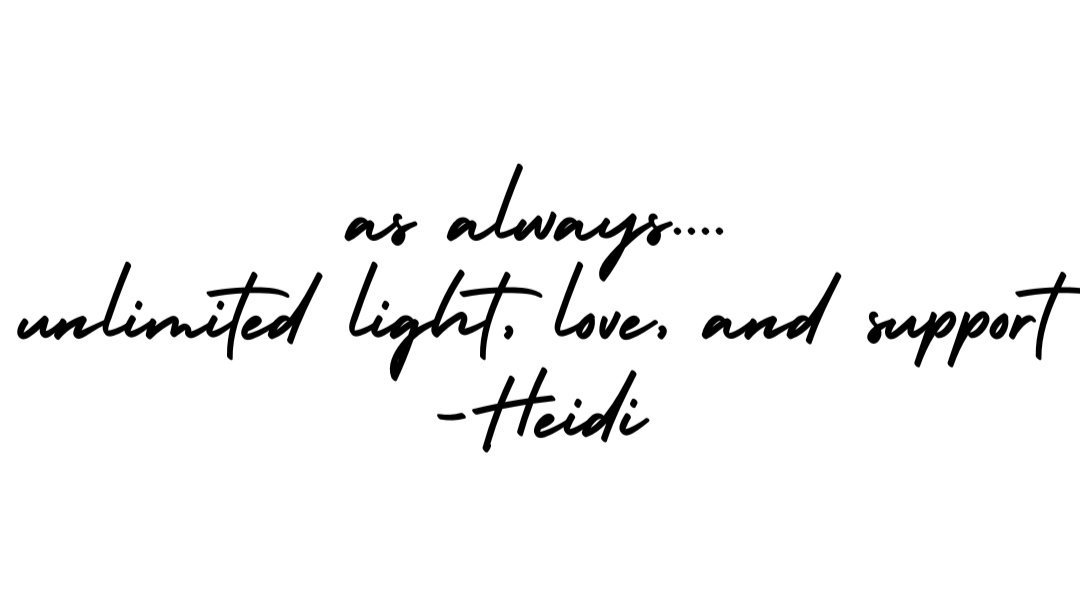ITS OKAY TO NOT BE OKAY
In a world that often glorifies perfection and ceaseless happiness, it's easy to forget that it's perfectly acceptable to not be okay at times. In fact, acknowledging your moments of vulnerability and embracing them can be a powerful act of self-compassion and a step toward personal growth.
Life is a complex journey, filled with ups and downs. There are times when you’re on top of the world, brimming with confidence and joy. There are also moments when you can feel overwhelmed, anxious, or sad. These are the times when you need to remind yourself that it's not just okay, but entirely normal to not be okay.
First and foremost, recognizing that it's acceptable to experience difficult emotions is essential for your mental well-being. Society often pressures us to hide our struggles, to put on a facade of constant positivity. This not only denies our authentic feelings, but also perpetuates the stigma around mental health issues.
It's crucial to remember that we all face challenges, and our emotional well-being fluctuates. By acknowledging your feelings, you allow yourself the space to process them and seek support when necessary.
Know in those moments when you’re feeling far from okay that they can be incredible opportunities for growth. These periods of discomfort can push you out of your comfort zones, forcing you to confront your inner demons and make necessary changes in your life. They are like the crucible where your strength is tested and refined. By embracing your vulnerability, you can learn resilience, empathy, and self-awareness.
Whether it's addiction, mental health issues, or a major life transition, it’s bound to be filled with both triumphs and setbacks. It's during these difficult moments that the ability to admit when you’re not okay becomes crucial to our continued progress and well-being.
Admitting that you’re not doing so hot can be extremely challenging. You may feel a strong desire to project an image of strength and stability, fearing that any sign of vulnerability will be perceived as a failure or a setback.
However, the reality is quite the opposite. Embracing your vulnerability and openly acknowledging your struggles is a testament of courage and commitment to your personal growth.
Pay Attention To Yourself: Are Any Of These You?
Feeling sad, hopeless, anxious, or overwhelmed consistently
Difficulty concentrating or functioning at work/school
Wide changes in mood
Withdrawing from friends and activities
Increased alcohol/drug use
Changes in eating or sleeping patterns
Thoughts that people are out to get you
The key is to not ignore persistent changes in your thoughts, feelings, and behaviors. Admitting when you're not okay and seeking help is a sign of strength, not weakness. Taking action early can help prevent more serious issues down the line.
Engaging in stress-relieving activities: Try exercise, meditation, journaling, or other activities that help you manage your emotions in a healthy way.
Maintaining a routine: Sticking to a daily schedule that includes recovery-focused activities can provide a sense of structure and stability.
Seeking professional support: Consider speaking with a therapist or counselor who can help you develop personalized coping strategies for navigating challenging periods.
When you’re honest about your struggles, you open the door to receiving the support and resources you need to navigate the challenges ahead.
Whether it's reaching out to a therapist, joining a support group, or confiding in a trusted friend or family member, being transparent about your experiences allows you to access the help and guidance that can make all the difference in your recovery journey.
From personal experience, I have learned the more work I do on myself to heal and push through overcoming certain obstacles, the less I become available for other people to use them against me.
Once you are able to sit in your circumstances, accept them for what they are, and dedicate your whole being to moving past them, that’s when some amazing shit happens. The more you can confidently wear past traumas, choices, and situations the less power you give them to consume or define you.
You hold all the potential in the world to take a troubling narrative and flip it right upside down.
Being vulnerable, honest, and transparent not only helps you continue to build and grow, but the impact it holds when it comes to helping others is truly unmatched.
You might have doubts. You might still internally critique yourself, or be ashamed. I reassure you, there is nothing more valuable than someone who is strong enough and willing to share the ugly things that we all encounter on some level in this lifetime. In the midst of your healing you are also helping heal others. That’s remarkable.
If my words aren’t validation enough, you will soon find out on your own. The more you practice and put yourself out there to accept help, be truthful, and celebrate the fact that you’re an imperfect human being like the rest of us - that shit is a magnet for others who are wishing or trying to do the same.
I have made it a part of my life’s purpose to share my personal story and the road I took traveling along countless years of substance abuse and self-destructive behaviors. Never to glorify it, or gleam with pride. But, because I have made peace with all that I went through, put others through, and experienced.
By doing so, I have connected with some of the most inspiring individuals. I have continued to work on my own personal progress. I have wholeheartedly given it my best efforts to be a message of hope and offer support to others. And, I have served as a reminder to the world, and more importantly myself, that I can overcome the most daunting and painful things this life has thrown at me. You are no different. I promise!
Support from others is also a critical aspect of helping navigate your hard days. When you share your struggles with trusted friends, family, or professionals, you open yourself up to the healing power of connection.
The reassurance that you are not alone in your struggles can be profoundly comforting, and it’s your reminder that we can all weather the storms together.
Realizing and accepting that some days are just not going to be your days is OKAY. They all serve as a cornerstone of self-compassion. Start treating yourself with the same kindness and understanding that you would offer others.
This self-compassion allows you to recognize your humanity, with all its imperfections, and to love yourself even when you’re not at your best. No one is at their best at all times. I’m sure you must know this. So, please give yourself a little grace.
Life is a journey filled with twists and turns, and your emotional landscape is just as diverse. By accepting your struggles and learning from them, you grow stronger, more resilient, and better equipped to navigate life's challenges. So, let's make it a point to embrace our imperfections.
On those days when the weight of the world feels particularly heavy, remember that you are not alone. Lean on your support system, prioritize your well-being, and trust in the resilience that has brought you this far.
With each step forward, you are reclaiming your power and paving the way for a brighter, more fulfilling future. It’s in some of our most unpleasant moments that your courage and commitment to your well-being will shine through the most! Keep going <3
Crisis Hotlines and Texting Services
988 Suicide & Crisis Lifeline (call or text 988)
Crisis Text Line (text HOME to 741-741)
National Domestic Violence Hotline (800-799-SAFE)
National Sexual Assault Hotline (800-656-HOPE)
The Trevor Project (866-488-7386 or text START to 678-678)
Do not hesitate to reach out for help, whether for yourself or someone you know. These resources can provide guidance, support, and connections to mental health professionals and services.









